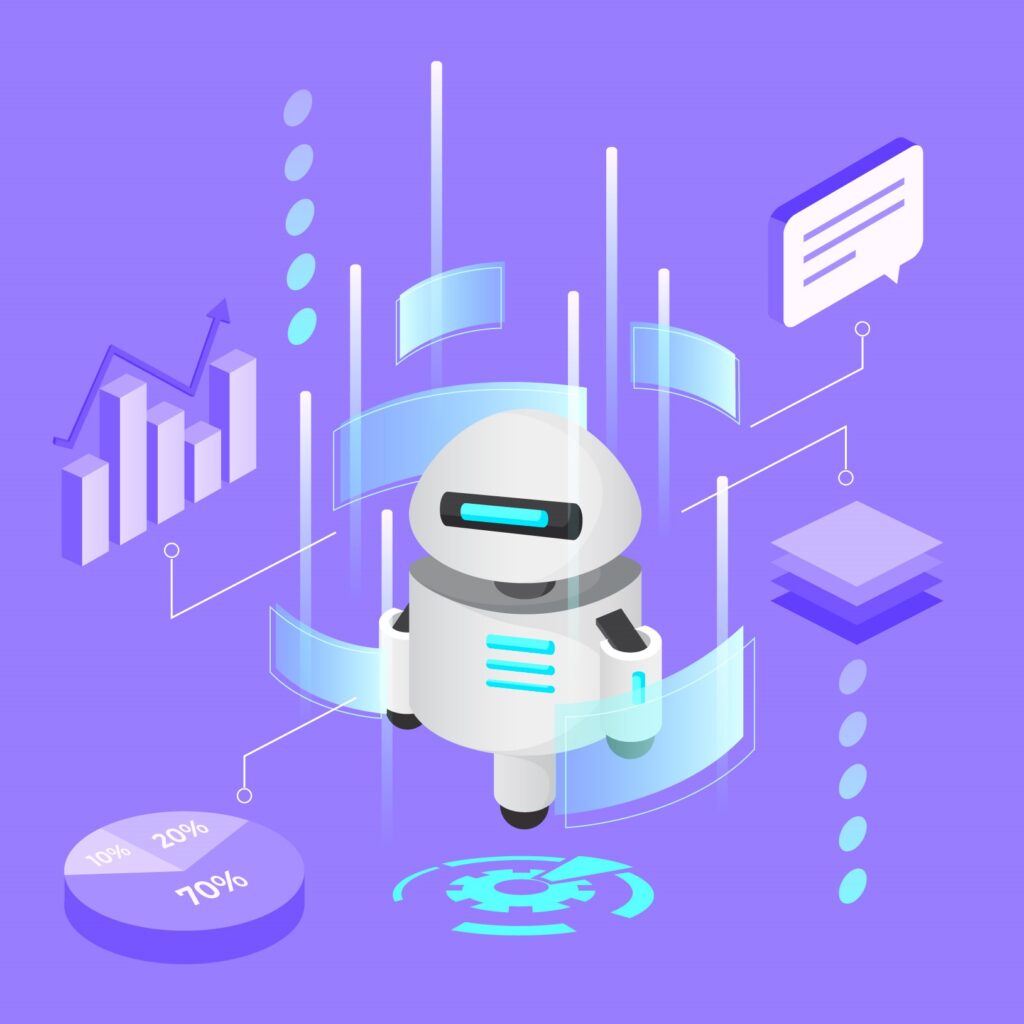Tax season can be a stressful time for individuals and businesses alike. Navigating complex forms, gathering documents, and ensuring accuracy can feel like a tedious exercise. However, the emergence of artificial intelligence (AI) in tax filing, here in India is bringing a ray of hope, promising a simpler and more efficient experience for all the citizens.
A recent report by EY reveals that the adoption of AI-powered tax-filing platforms is rapidly picking up pace in India. In 2023, over 15% of individual taxpayers utilized these platforms, and this number is expected to almost double by 2025. This trend isn’t just limited to India, but taking over on a global scale. The AI tax filing market internationally is projected to reach $1.78 billion by 2026. This reflects the growing popularity of these solutions.
Benefits for Taxpayers
Without a doubt, filing taxes using AI tax-filing platforms has tons of benefits for taxpayers.
These are the advantages:
Simplified Process
The AI Platforms automate the tax filing process, making it much easier and faster with less effort required, freeing up your valuable time for other activities.
To further free up and track your time further, you can use user-friendly Task Management software like PaperLite, created and designed specifically for streamlining firm workflows and accounting for lost time.

Less errors
Human error is unavoidable when working with numbers and complex tax codes. However, AI systems analyze your data to identify potential inconsistencies and errors, resulting in higher accuracy.
Insightful analytics
In addition to filing taxes, certain AI platforms provide you with personalized insights based on your income and filing history, which can help you in future to make wiser decisions.
Faster Refunds
AIpowered tax-filing platforms have the capacity to process tax returns more rapidly and effectively. As a result, eligible taxpayers get their refunds more quickly.
Advantages for the Government
The Indian government is using AI to make the tax system more effective and taxpayer-friendly. The government is using data analytics, big data, and AI/ML to spot suspicious trends,risks and to enhance tax compliance. The government started Project ADVAIT (Advanced Analytics in Indirect Taxes) in 2021, which aims to increase the taxpayer base, supports data-driven tax policy, and improves indirect tax revenue through the use of big data and AI. AI is also being used by the government to flag cases that have a high potential for tax evasion, remind taxpayers to pay their taxes in advance, and alert particular taxpayers to possible discrepancies between their transactions and their filed income tax returns (ITRs).
Just Last year, in December 2023, the IT Department utilized AI Technology to Recover Rs 36,000 Crores from outstanding tax demand and are now aiming for Rs 50,000 Crores by March 2024.
Other benefits of filing taxes with AI tax-filing platforms include:
Improved tax compliance
AI platforms can analyze taxpayer data and identify potential non-compliance patterns. This makes it possible for audits and investigations to be focused, preventing people and companies from evading taxes.

Increased revenue collection
With improved compliance, the government can expect a rise in tax revenue.
Reduced administrative costs
Manual processing of tax returns involves significant manpower and resources. AI systems can automate many of these tasks, streamlining the process and reducing administrative costs for the government.
Challenges and Considerations
Even though AI has a lot of potential for the financial industry, there are a few issues and concerns that must be taken into account:
Data privacy and security
AI systems rely extensively on user data, it raises a question to the safety and privacy of that data. Strict regulations and strong data protection protocols must be implemented in order to guarantee the security of taxpayer data.
Inaccurate results due to improper data
Obviously, if the data given to the AI system is wrong, or incomplete, it would affect the results as well. For fair and transparent results, the data that is to be feeded to the system needs to be correct and complete.

Human Accountability
While AI can automate many tasks, it goes without saying that human accountability remains crucial. Tax professionals and government officials must be equipped to understand and monitor AI systems, ensuring that they operate ethically.
TIN 2.0
Marking a significant improvement in India’s tax administration, the year 2023-2024 witnessed the complete transition from the legacy OLTAS platform to the new user-friendly e-pay tax portal, TIN 2.0.
By providing a variety of payment options, including internet banking, debit cards, payment gateways, NEFT/RTGS, over-the-counter cash at designated banks, and UPI, this digital upgrade aims to make tax payments easier for both individuals and businesses.
According to a press release by the Income Tax Department of India dated June 23rd, 2023, TIN 2.0 witnessed over 15 crore tax payments in its first quarter alone, highlighting its widespread adoption. This move not only enhances convenience and accuracy, but also holds potential for improved tax compliance and faster processing times, leading to a more efficient and transparent tax system. (Sources: Income Tax Department press release, PIB reports)
Conclusion:
Embracing the AI Revolution
To conclude, the AI revolution is transforming tax season in India. It is offering a simpler, faster, and more accurate experience for both taxpayers and the government. With AI platforms eliminating tedious tasks, reducing errors, and providing personalized insights, tax season can become less stressful and more efficient. However, concerns like data privacy and human accountability should be addressed to ensure fair and ethical implementation. The government’s initiatives like TIN 2.0 showcase a commitment to modernization. Slowly paving the way for a more transparent and effective tax system. As AI continues to evolve, it’s clear that the future of tax filing in India is full of both opportunities and challenges. It promises a smoother and more streamlined experience for all. Remember, embracing AI with cautious optimism is key to unlocking its full potential, making tax season a breeze.

